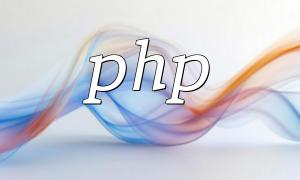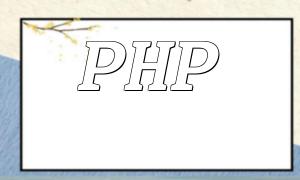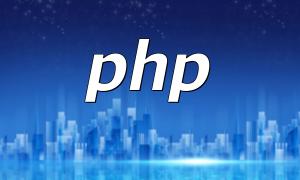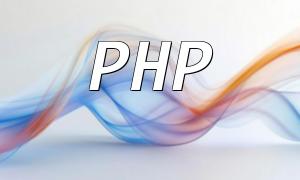As team size and project complexity increase, maintaining consistent coding standards becomes crucial. PHP, being a flexible programming language, lacks strict syntax constraints, which often results in inconsistent code quality. To reduce communication costs and simplify maintenance, using a version control system to manage and track changes to PHP coding standards is an effective solution. This article will explore how to leverage version control systems to achieve this goal.
First, it is essential to select a version control system that suits your team's needs. The most common version control systems are Git and SVN, each with its own features, both of which support code management and tracking effectively. The choice of tool should be based on your team's development habits and project requirements.
Before using version control, you must establish a clear and standard set of PHP coding guidelines. These standards should cover code style, naming conventions, comment requirements, and other aspects to ensure that team members adhere to a unified code style, which will improve readability and maintainability.
To effectively manage PHP coding standards and automate the checking process, you can use popular PHP code checking tools such as PHPCS (PHP CodeSniffer) and PHPMD (PHP Mess Detector). These tools can detect code standard violations during the compilation phase, helping to prevent errors and inconsistencies later in the development process.
For easier management of coding standards, you can integrate the coding standards files into the version control system. For example, in Git, you can create a `.gitattributes` file that defines the file matching rules for PHP coding standards. This way, every time code is committed, the system will automatically trigger a code standard check, and the results will be recorded in the version control system's logs.
*.php filter=phpcs
After completing the steps above, PHP coding standards are successfully integrated into the version control system. When a local code modification is made, it automatically triggers a coding standard check. If the check fails, the code cannot be committed, ensuring consistency of standards. After committing the code, the version control system logs the results of the standard checks, and developers can review the commit logs to trace the history of code standard issue resolutions.
Managing and tracking PHP code standards with a version control system significantly improves team collaboration and reduces code maintenance complexity. By choosing the appropriate version control system, defining clear coding standards, and integrating relevant checking tools, you can ensure continuous improvement in code quality. Additionally, the version control system's logging feature allows you to clearly trace the history of each standard issue resolution, enhancing overall code quality and maintainability.









